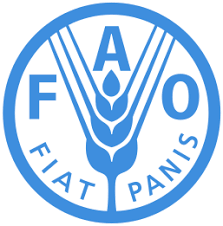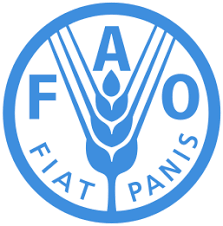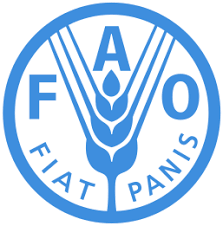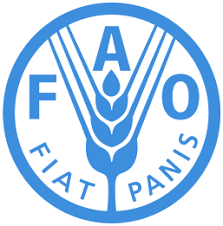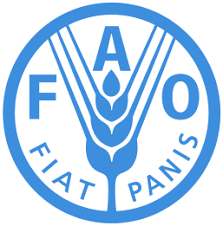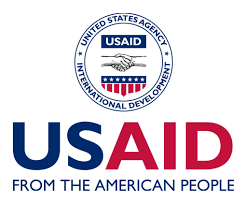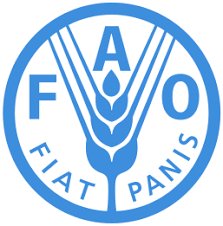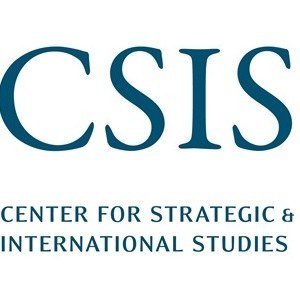VGGT: FIRST Webinar #2 – FIRST Policy Assistance Facility: Land Tenure issues in Myanmar
This webinar is organized jointly with the European Commission Directorate-General for International Cooperation and Development, in the framework of the FAO-EU Partnership Programme: Food and Nutrition Security Impact, Resilience, Sustainability and Transformation (FIRST). SPEAKERS: 1.Mr. Paul De Wit, Senior Land Tenure Consultant, FIRST Programme, FAO Representation in Myanmar 2. Ms.

